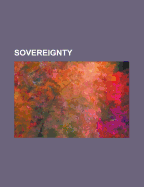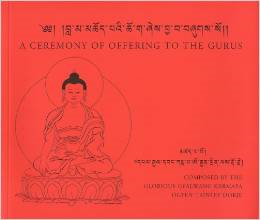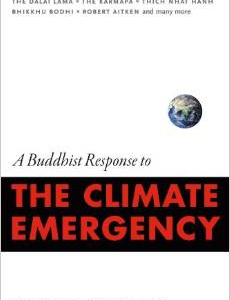Description
Please note that the content of this book primarily consists of articles available from Wikipedia or other free sources online. Pages: 139. Chapters: Self-determination, Falkland Islands sovereignty dispute, Political status of Taiwan, Decolonization, Tibetan sovereignty debate, Natural and legal rights, Sovereignty of the Philippines, Transfer of sovereignty over Hong Kong, R (Jackson) v Attorney General, List of national independence days, Social contract, Transfer of sovereignty over Macau, Tribal sovereignty in the United States, Sovereign state, Timeline of Philippine sovereignty, Parliamentary sovereignty, Stone of Scone, Food sovereignty, Canadian sovereignty, Divine right of kings, Monetary sovereignty, Statute of Westminster 1931, Right to exist, Separation of powers in the United Kingdom, Parliamentary sovereignty in the United Kingdom, Royal prerogative, Rule according to higher law, Legitimacy (political), External association, Westphalian sovereignty, Judicial independence. Excerpt: The right of nations to self-determination (from German: ), or in short form, the right to self-determination is the cardinal principle in modern international law principles of international law (jus cogens), binding, as such, on the United Nations as authoritative interpretation of the Charter’s norms. It states that nations based on respect for the principle of equal rights and fair equality of opportunity have the right to freely choose their sovereignty and international political status with no external compulsion or interference which can be traced back to the Atlantic Charter, signed on 14 August 1941, by Franklin D. Roosevelt, President of the United States of America, and Winston Churchill, Prime Minister of the United Kingdom who pledged The Eight Principal points of the Charter. The principle does not state how the decision is to be made, or what the outcome should be, whether it be independence, federation, protection, some form of autonomy or even full…






Reviews
There are no reviews yet.